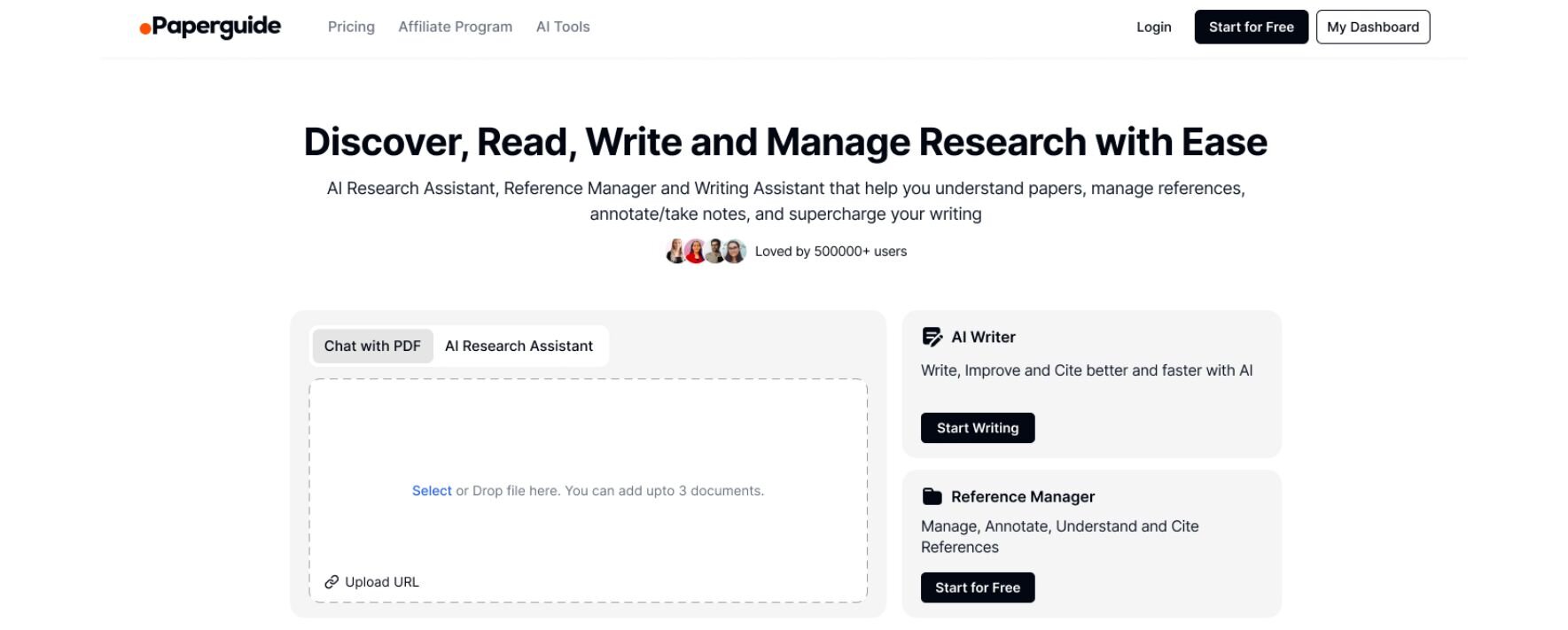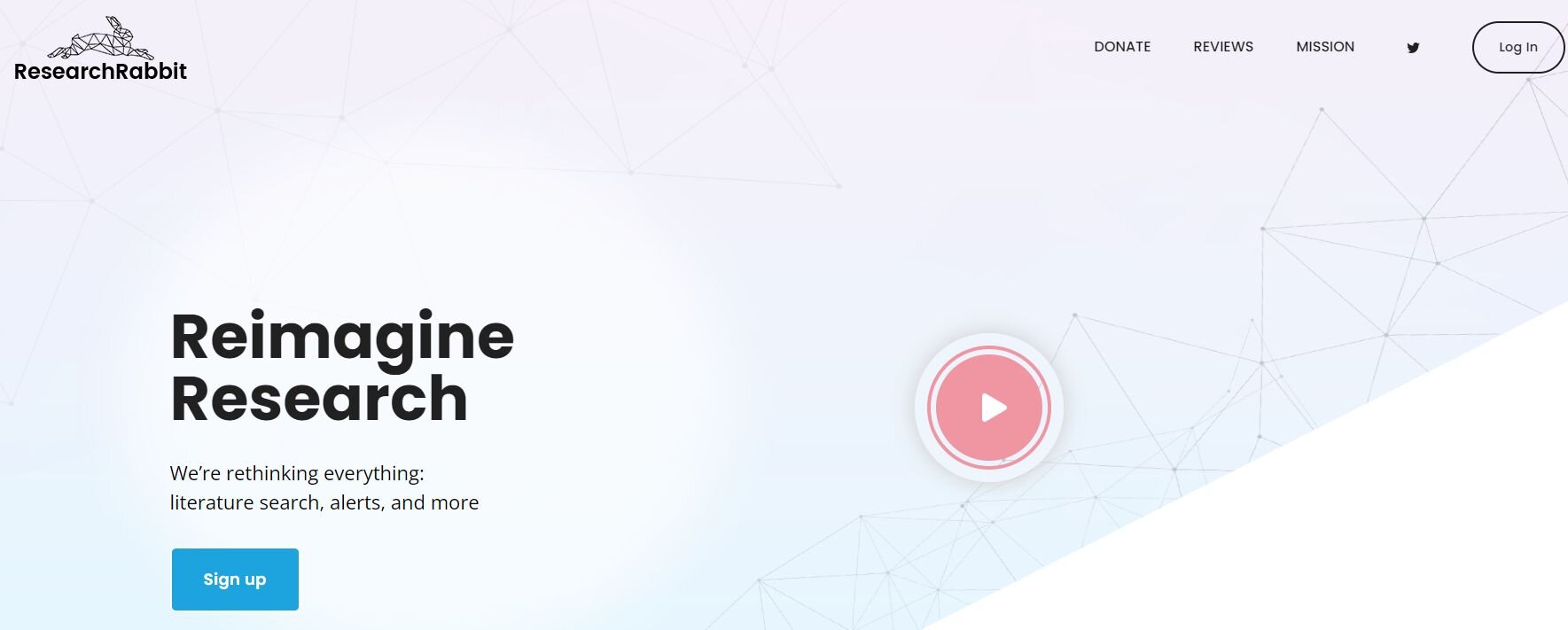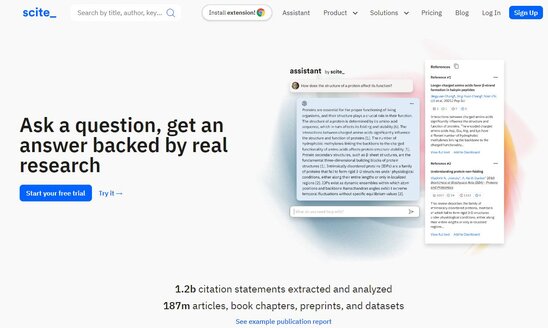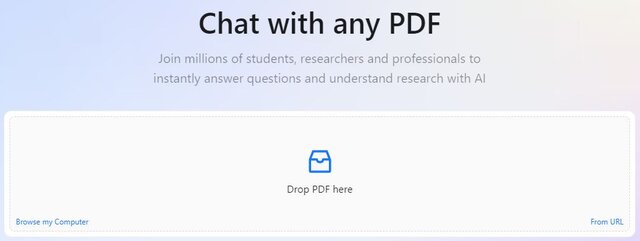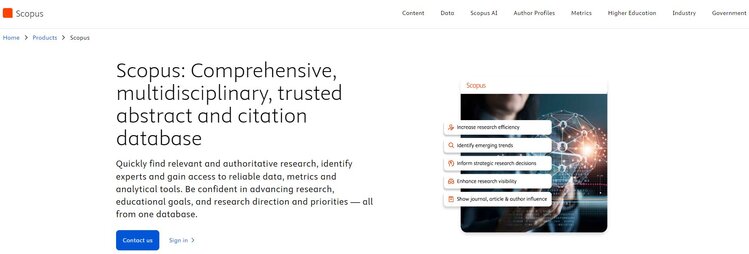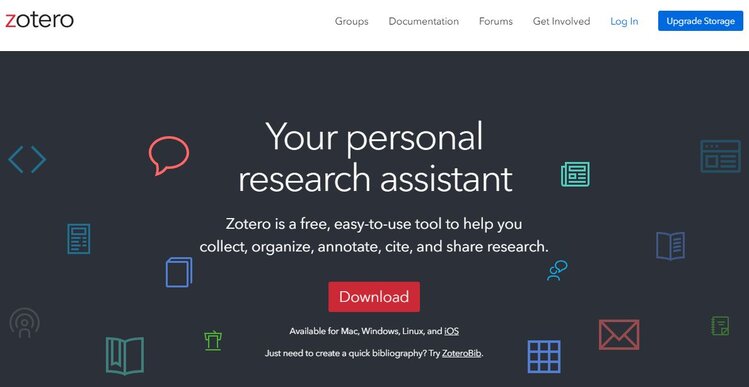Conjoined Jamaican twins, Azaria and Azura, arrived in Riyadh on Monday accompanied by their parents, in a significant step toward a potential surgical separation. Their case is currently under evaluation at the King Abdullah Specialist Children’s Hospital, a leading institution recognized for its expertise in pediatric care and conjoined twin surgeries.
The Saudi Press Agency reported that this medical initiative was undertaken following a directive from the Kingdom’s leadership, reflecting Saudi Arabia’s continued humanitarian commitment to complex pediatric surgeries through the Saudi Conjoined Twins Program.
Dr. Abdullah bin Abdulaziz Al-Rabeeah, the supervisor general of the King Salman Humanitarian Aid and Relief Center (KSRelief) and head of the surgical team, expressed optimism and emphasized the team's vast experience in handling such delicate procedures. Dr. Al-Rabeeah, who also serves as an adviser to the Royal Court, noted that the Kingdom has a long-standing reputation in the successful separation of conjoined twins from around the world.
Just days earlier, Dr. Al-Rabeeah’s team successfully separated Syrian conjoined twins, Celine and Eline, in a complex eight-hour surgery. The 17-month-old girls, who were born as part of triplets at Rafik Hariri Hospital in Beirut in February 2023, were conjoined at the chest and abdomen. Their brother, Sanad, was born separately.
The Syrian twins had been medically evacuated to Riyadh in December 2024 for detailed evaluation and preparatory care leading up to their successful procedure. The recent arrival of the Jamaican twins signals a continuation of Saudi Arabia’s efforts to use its medical resources to provide life-changing interventions for children from across the globe.
Further assessments will determine whether Azaria and Azura can safely undergo surgical separation in the coming weeks.

